With suicide rates among active military servicemen and veterans currently on the rise, this documentary brings urgent attention to the invisible wounds of war. Drawing on personal stories of American soldiers whose lives and psyches were torn asunder by the horrors of battle and PTSD, the documentary chronicles the lingering effects of combat stress and post-traumatic stress on military personnel and their families throughout American history, from the Civil War through today's conflicts in Iraq and Afghanistan.
Related Movies

The Somnambulist Woman (2003)
A young woman struggles to move on from the consuming grief of her experience as a combat medic in the Trường Sơn mountains during Vietnam War .
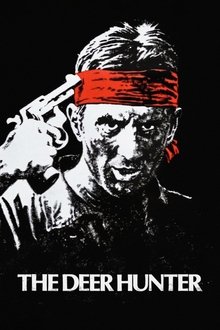
The Deer Hunter (1978)
Three steelworkers enlist in the army and are sent to Vietnam, one leaving behind a rushed marriage, the others a shared love. What they encounter during the war changes their lives forever.

Uncommon Valor (1983)
A group of Vietnam War veterans re-unite to rescue one of their own left behind and taken prisoner by the Vietnamese.
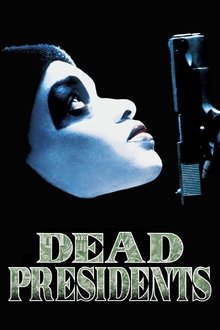
Dead Presidents (1995)
On the streets they call cash dead presidents. And that's just what a Vietnam veteran is after when he returns home from the war only to find himself drawn into a life of crime. With the aid of his fellow vets he plans the ultimate heist -- a daring robbery of an armored car filled with unmarked U.S. currency!

Tricky Memory (2016)
The lastest neuroscience discoveries show surprising results: false memories, distortion, modification, déjà vus. Our memory is affected in many ways, and deceives us every day. The very fact of recalling souvenirs modifies them. The everyday consequences are manyfold. To what extent can we rely on our souvenirs? How much credit can we give them during trials? Even more shocking, scientists have proved to be able to manipulate our memory: creating artificial souvenirs, deleting, emphasizing or restoring them on demand.
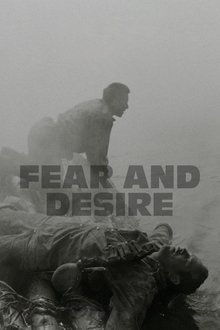
Fear and Desire (1953)
After their airplane crashes behind enemy lines, four soldiers must survive and try to find a way back to their battalion. However, when they come across a local peasant girl the horrors of war quickly become apparent.
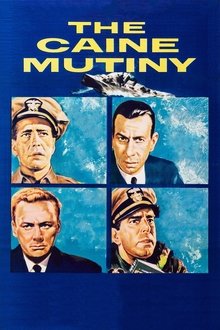
The Caine Mutiny (1954)
When a US Naval captain shows signs of mental instability that jeopardize his ship, the first officer relieves him of command and faces court martial for mutiny.
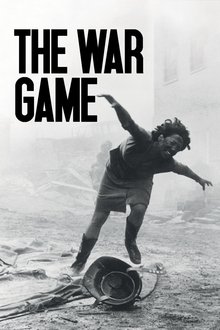
The War Game (1966)
A docudrama depicting a hypothetical nuclear attack on Britain. After backing the film's development, the BBC refused to air it, publicly stating "the effect of the film has been judged by the BBC to be too horrifying for the medium of broadcasting." It debuted in theaters in 1966 and went on to great acclaim, but remained unseen on British television until 1985.
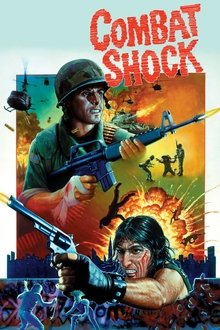
Combat Shock (1986)
A dangerously disturbed Vietnam veteran struggles with life 15 years after his return home, and slowly falls into insanity from his gritty urban lifestyle.
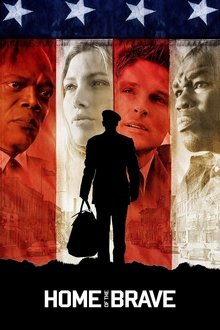
Home of the Brave (2006)
The day after they get the word they'll go home in two weeks, a group of soldiers from Spokane are ambushed in an Iraqi city. Back stateside we follow four of them - a surgeon who saw too much, a teacher who's a single mom and who lost a hand in the ambush, an infantry man whose best friend died that day, and a soldier who keeps reliving the moment he killed a civilian woman.
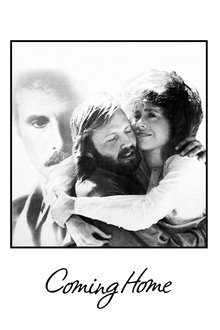
Coming Home (1978)
In 1968 California, a Marine officer's wife falls in love with a former high school classmate who suffered a paralyzing combat injury in the war.

Within my soul (NaN)
Between psychosis, delusions of persecution and trauma, A finds himself at an interface between past and present after a stay in hospital. What is still reality and what is a fearful manifestation of traumatic encounters? By confronting herself with old diary entries, she tries to come to terms with the emotional maelstrom. The breaches of trust from her youth keep pushing their way to the surface in her current relationships and make it difficult to grasp happiness.
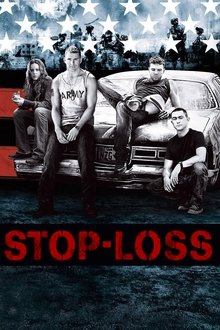
Stop-Loss (2008)
A veteran soldier returns from his completed tour of duty in Iraq, only to find his life turned upside down when he is arbitrarily ordered to return to field duty by the Army.

Legends of the Fall (1994)
In early 20th-century Montana, Col. William Ludlow lives on a ranch in the wilderness with his sons, Alfred, Tristan, and Samuel. Eventually, the unconventional but close-knit family are bound by loyalty, tested by war, and torn apart by love, as told over the course of several decades in this epic saga.
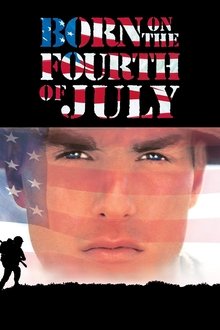
Born on the Fourth of July (1989)
Paralyzed in the Vietnam war, Ron Kovic becomes an anti-war and pro-human rights political activist after feeling betrayed by the country he fought for.

Civil War (2024)
In the near future, a group of war journalists attempt to survive while reporting the truth as the United States stands on the brink of civil war.
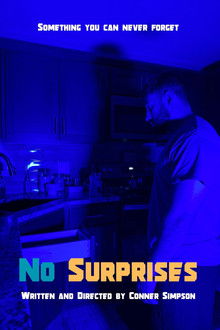
No Surprises (2025)
A war veteran is going through his normal nightly routine, but as police sirens rush past his house, PTSD strikes. He begins reliving his past.

War Sailor (2022)
War Sailor is a magnificent drama that tells the story of the more than 30,000 Norwegian war sailors and their families' fate during and after the Second World War.
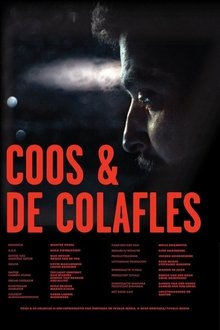
Coos and the Coke Bottle (2024)
25 years ago, when Coos, then 13, was smoking dope with his friends by the side of a canal, he passed out and came to with a Coke bottle up his ass. A joke by his friends. The incident marks his life as it haunts him for years. Why did his friends do that? Coos, now 38, wants to be able to turn this black page in his history, and he does so by confronting his friends of the time with his pain.
